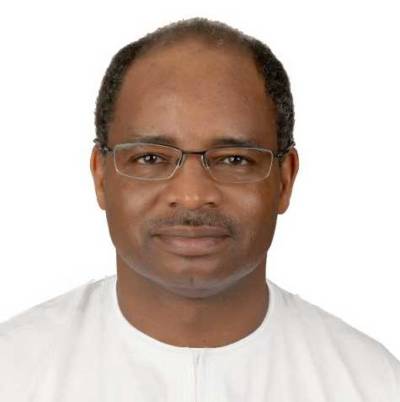 Digital Identity is a critical factor for individuals to access social benefits including subsidies and entitlements – and since public and private sector agencies require proof of identity as a prerequisite for providing services to individuals, failure to prove identity forms a major barrier barring people from accessing social benefits.
Digital Identity is a critical factor for individuals to access social benefits including subsidies and entitlements – and since public and private sector agencies require proof of identity as a prerequisite for providing services to individuals, failure to prove identity forms a major barrier barring people from accessing social benefits.
The statement came last week not from a UK, European or North American Digital Identity leadership organisation, but from Africa – specifically, from senior Nigerian Digital Identity implementor Aliyu Aziz.
Ayiz is Director General of his country’s National Identity Management Commission, a quango that operates and regulates matters of national identity in Nigeria all the way from issuing the national National Identification Number (NIN) enrolment to its National e-ID card issuance, identity verification as well as data harmonisation and authentication.
And speaking at a recent IT conference in x, this senior civil servant noted that, “Inability to prove identity is one of the biggest barriers preventing access to benefits, subsidies, exercise of basic rights as well as claiming entitlements”.
That means that without knowing who the people are, no government or private sector will be able to effectively deliver important services such as social safety net, elections, agriculture, pension and education, among others, he warned.
If you liked this content…
As a direct result, a reliable Digital Identity scheme is now a necessity for any country’s economic, social and political progress and development, as “good identification works hand-in-hand with greater use of internet, payments and skills for a vibrant digital economy”.
Beyond the term ‘digital’ inclusion are issues about quality of life, democracy, exclusion and who gets what, when and under what circumstances, Ayiz went on before warning that to make digital inclusion a reality, information and communications technology experts, as well as government and private sectors, need to “be prepared.”
That could best be done, he suggested, by building robust high-speed broadband networks, creating incentives for investment in new technologies, build required human capital for productivity growth, and rethink curricula to emphasise digital skills.
Intriguingly, he also suggested that policy makers, when negotiating trade agreements, make sure issues of data privacy and cybersecurity feature prominently – strike a balance between protecting individual rights and remaining open to digital flows.
Nigeria is pioneering work on digital identification through the enrolment and issuance of a unique identifier National Identification Number.






